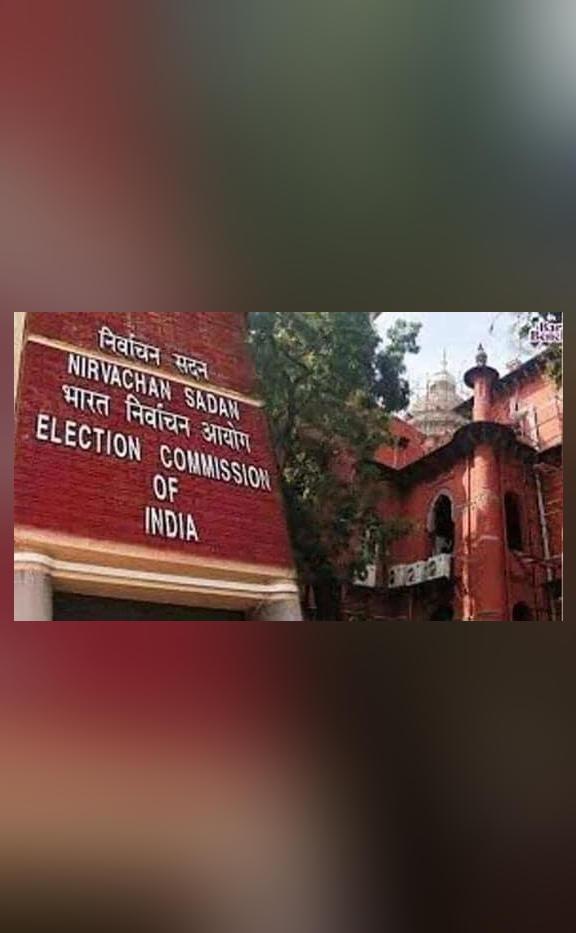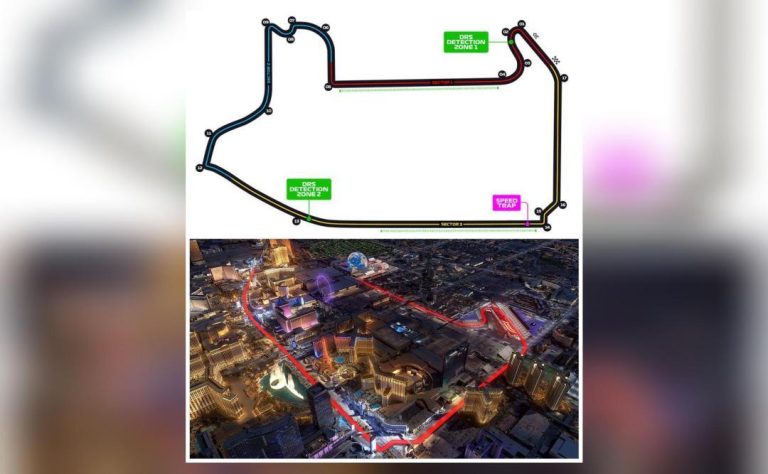
Aadhaar, Voter ID & Ration Cards Can’t be Considered for SIR: ECI
In a recent development, the Election Commission (EC) has rejected the Supreme Court’s suggestion to accept Aadhaar, voter ID, and ration cards as standalone proof of voter eligibility in the ongoing special intensive revision (SIR) of Bihar’s electoral roll. This decision has brought a sense of relief to the citizens who were worried about the potential implications of this move.
The special intensive revision of the electoral roll in Bihar is an ongoing process aimed at ensuring that the electoral rolls are updated and accurate. The revision process is crucial for maintaining the integrity of the electoral system and ensuring that every eligible citizen has a say in the democratic process.
The Supreme Court had earlier suggested that Aadhaar, voter ID, and ration cards could be accepted as proof of voter eligibility, but the Election Commission has now clarified that these documents cannot be considered as standalone proof of voter eligibility. According to the EC, these documents may not necessarily confirm the citizenship or residency of an individual, which is essential for determining their eligibility to vote.
The Election Commission has made it clear that a person’s citizenship will not terminate on account of not being part of the electoral rolls. This means that even if an individual is not registered to vote, their citizenship status remains unchanged. The EC has also emphasized the importance of ensuring that the electoral rolls are accurate and up-to-date, and that every eligible citizen has the right to exercise their franchise.
The decision by the Election Commission is a welcome relief for many citizens who were concerned about the potential implications of the Supreme Court’s suggestion. The EC’s decision ensures that the electoral rolls remain accurate and reliable, and that every eligible citizen has the opportunity to exercise their right to vote.
The special intensive revision of the electoral roll in Bihar is a significant exercise aimed at ensuring the integrity of the electoral system. The revision process involves updating the electoral rolls to ensure that all eligible citizens are registered to vote. The EC has taken several measures to ensure that the revision process is conducted in a fair and transparent manner, and that every eligible citizen has the opportunity to register to vote.
The importance of accurate electoral rolls cannot be overstated. Accurate electoral rolls are essential for ensuring the integrity of the electoral system and for maintaining the trust of the citizens. The EC’s decision to reject the Supreme Court’s suggestion is a step in the right direction, as it ensures that the electoral rolls remain accurate and reliable.
In conclusion, the Election Commission’s decision to reject the Supreme Court’s suggestion to accept Aadhaar, voter ID, and ration cards as standalone proof of voter eligibility is a welcome relief for many citizens. The EC’s decision ensures that the electoral rolls remain accurate and reliable, and that every eligible citizen has the opportunity to exercise their right to vote. The special intensive revision of the electoral roll in Bihar is a significant exercise aimed at ensuring the integrity of the electoral system, and the EC’s decision is a step in the right direction.





